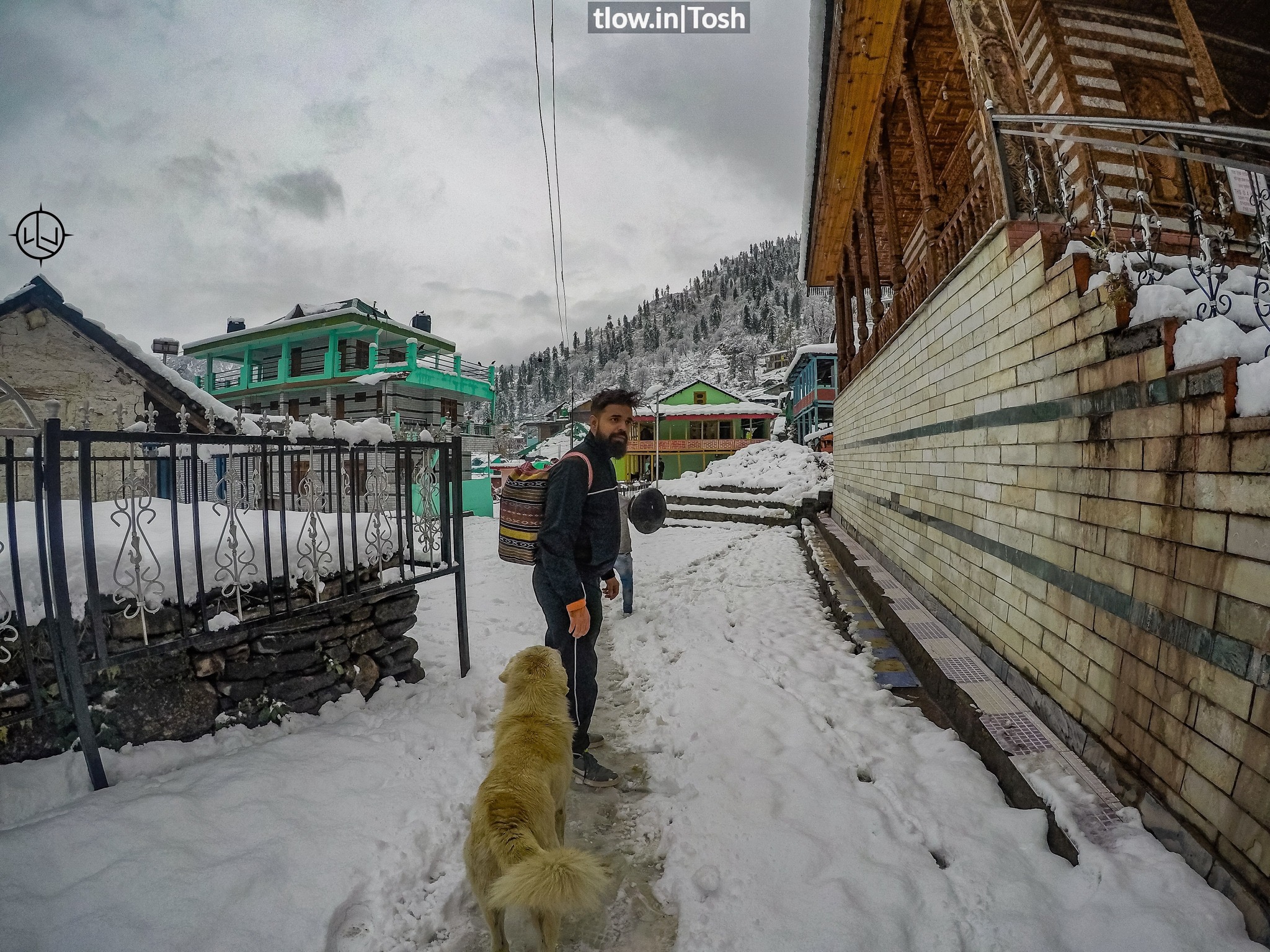
How to get fit for a superb backpacking trip: 10 steps
Getting fit for a backpacking trip requires a combination of cardiovascular endurance, strength training, flexibility, and stamina. Here are some tips to help you prepare physically for your backpacking adventure:
Table of Contents
1. Start Early for backpacking:
Give yourself ample time to prepare and gradually increase your fitness level. Start at least 2-3 months before your trip to allow for adequate conditioning.
2. Cardiovascular Endurance:
Backpacking involves long hours of walking with a heavy load. Engage in activities that increase your heart rate and improve endurance, such as jogging, cycling, swimming, or hiking. Aim for at least 3-4 sessions per week, gradually increasing the duration and intensity.
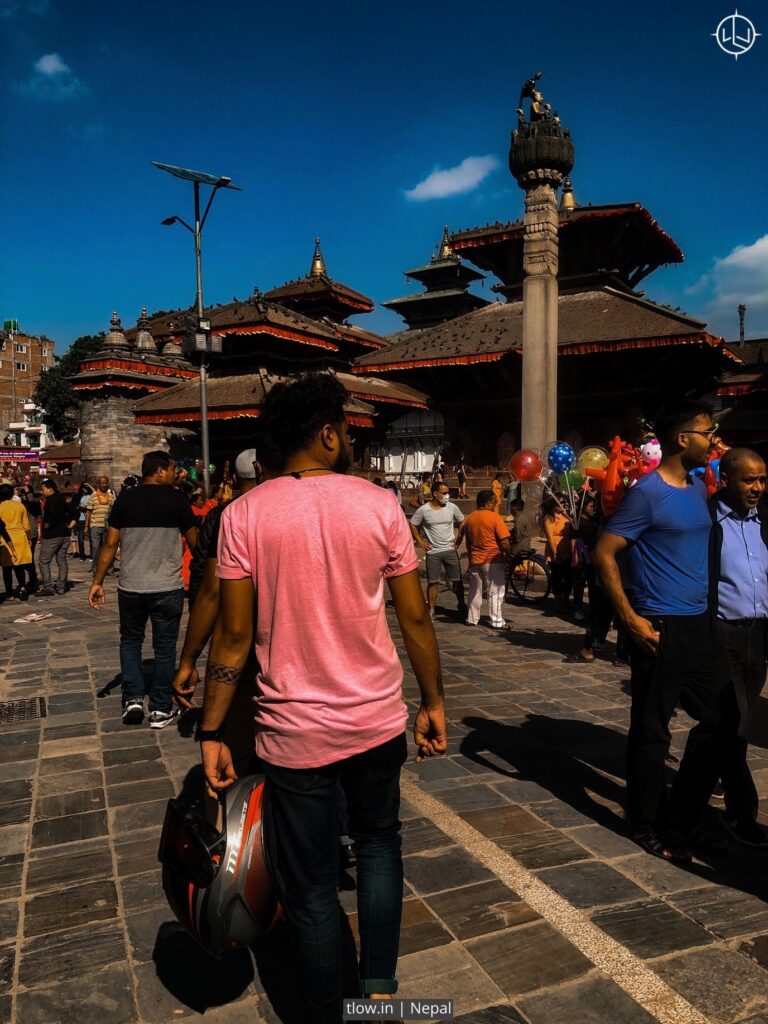
3. Strength Training:
Building muscle strength is crucial for carrying a heavy backpack and navigating challenging terrains. Focus on exercises that target your core, legs, and upper body. Include exercises like squats, lunges, deadlifts, push-ups, and shoulder presses. Aim for 2-3 strength training sessions per week.
4. Flexibility and Mobility:
Having good flexibility and mobility is essential to prevent injuries and make your backpacking experience more comfortable. Incorporate stretching exercises, yoga, or Pilates into your routine to improve flexibility and range of motion.
For the TLOW backpacking experience click on this link
5. Outdoor Training:
If possible, mimic backpacking conditions during your training. Carry a loaded backpack with weight gradually increased to match the weight you’ll carry on your trip. This will simulate the physical demands and help condition your body for the actual weight.

6. Interval Training:
Include interval training in your routine to boost your overall fitness. Alternate between short bursts of intense exercises and periods of active recovery. This will help improve your endurance and prepare you for varying terrains and inclines.
7. Gradual Progression:
Avoid overexertion and injury by gradually increasing the intensity and duration of your training sessions. Listen to your body, take rest days when needed, and gradually increase the weight you carry in your backpack.
8. Nutrition and Hydration:
Maintain a balanced diet that provides the necessary fuel for your training sessions. Focus on consuming whole foods, including lean proteins, complex carbohydrates, and healthy fats. Stay properly hydrated before, during, and after your workouts.
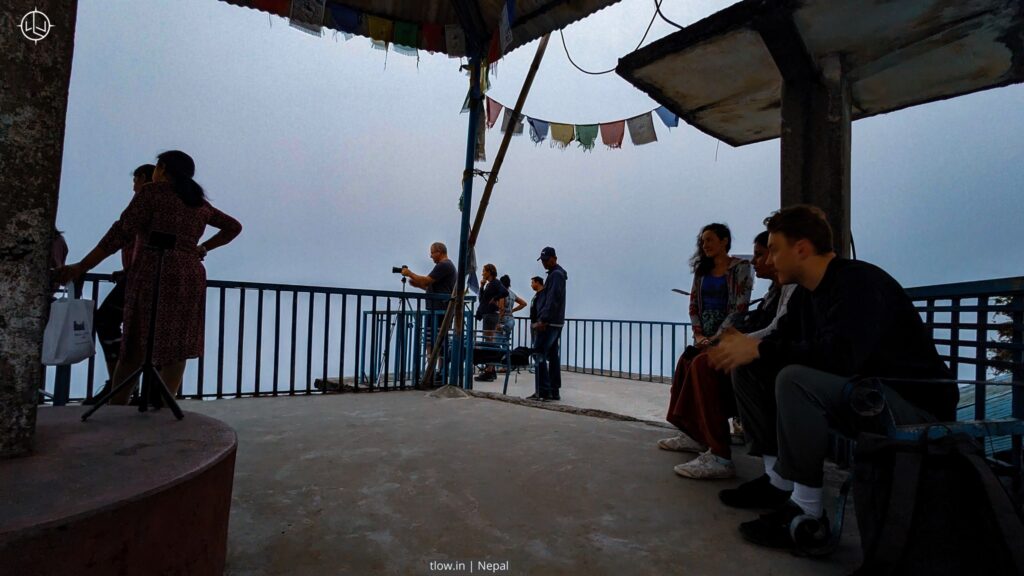
9. Mental Preparation:
Backpacking can be physically and mentally demanding. Practice mental toughness and resilience during your training. Develop a positive mindset and visualize yourself successfully completing your backpacking journey.
10. Seek Professional Guidance:
If you’re unsure about designing your own training program or have any specific concerns, it’s advisable to consult with a fitness professional or a personal trainer who can provide personalized guidance based on your fitness levels and goals.
Remember, the fitter and stronger you are before your backpacking trip, the more enjoyable and rewarding your experience will be. Take the time to adequately prepare, both physically and mentally, and enjoy the adventure!
Here are some benefits:
a. Cardiovascular endurance:
Focus on activities that improve your cardiovascular fitness, such as running, cycling, or swimming. These exercises will help you build up your endurance for long hikes and carrying a heavy backpack.
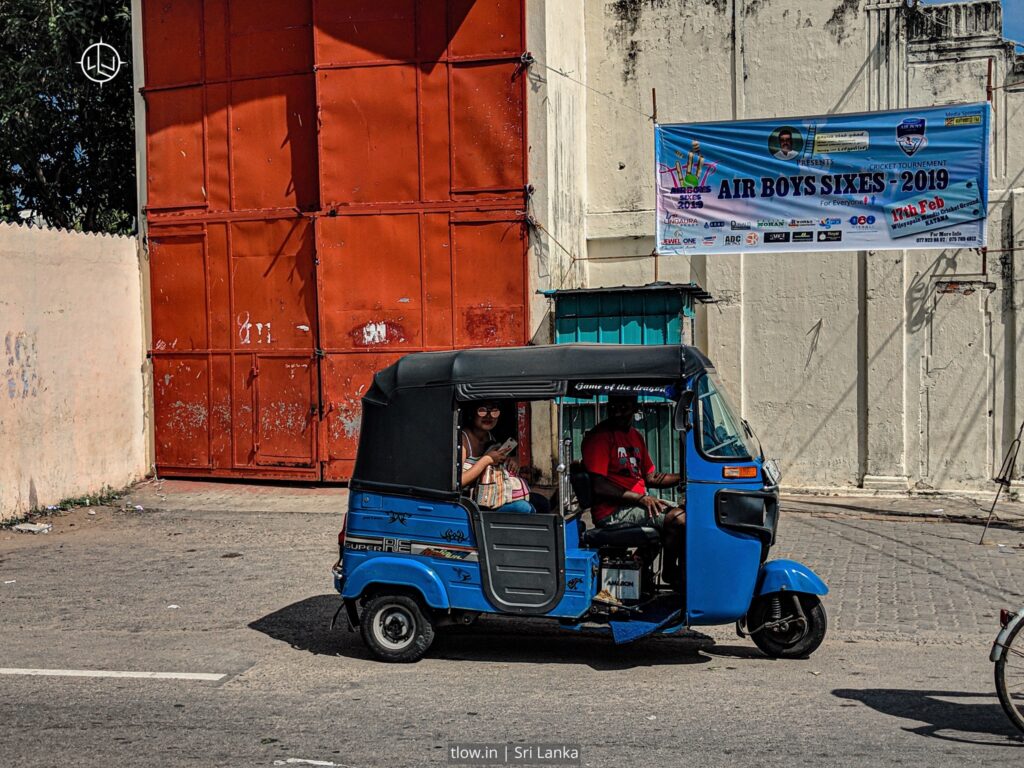
b. Strength training:
Include strength training exercises in your workout routine, as they will help build muscular endurance and prepare your body for the demands of backpacking. Focus on exercises that target the legs, back, and shoulders.
c. Stair climbing:
Incorporate stair climbing into your training regimen, as it mimics the uphill and downhill sections of a backpacking trip. This can be done on a stair climber machine or by finding a nearby staircase to climb.
d. Balance and stability exercises:
Engage in exercises that challenge your balance and stability, such as yoga, Pilates, or using a balance board. These exercises will improve your ability to navigate uneven or unstable terrain while carrying a backpack.
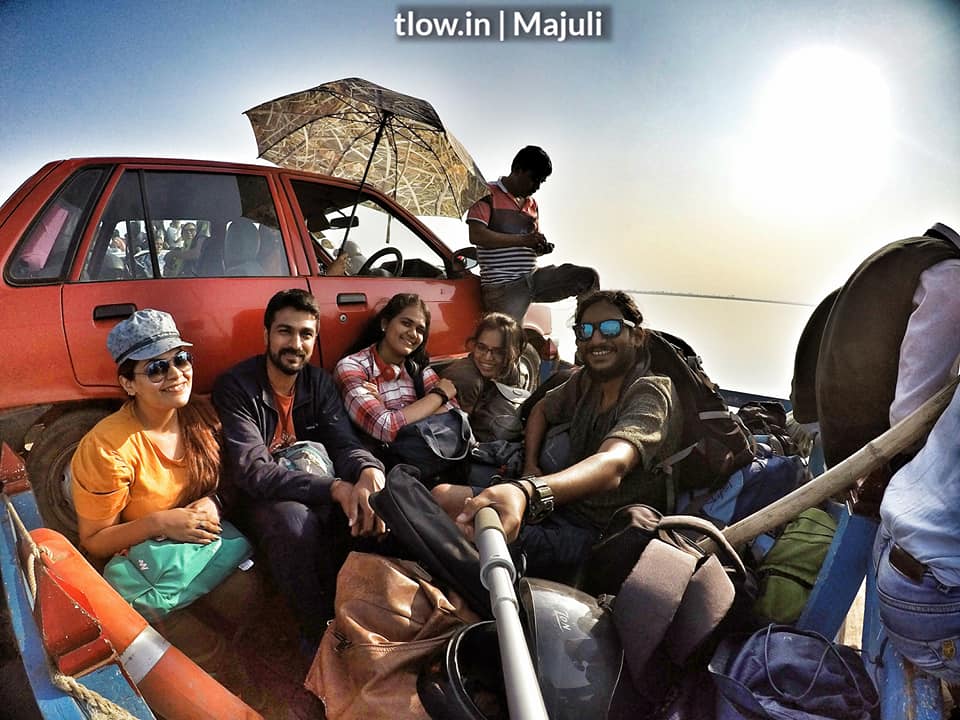
e. Pack training:
Gradually increase the weight of your backpack during training sessions to simulate the weight you will be carrying while hiking. Start with a lighter load and gradually add more weight over time to build up your strength and endurance.
f. Trail running:
Incorporate trail running into your training routine to simulate the uneven terrain and constant changes in incline that you may encounter during your backpacking trip. This will help prepare your body for the challenges of the trail.
g. Flexibility:
Stretch regularly to maintain flexibility and prevent muscle tightness or injuries. Focus on stretching the muscles in your legs, hips, back, and shoulders.

h. Practice hiking with your loaded backpack before your trip to get used to its weight and how it affects your balance and movement.
Remember to consult with a healthcare professional before starting any new fitness regimen, especially if you have any existing health conditions or injuries. Have a great backpacking trip!











